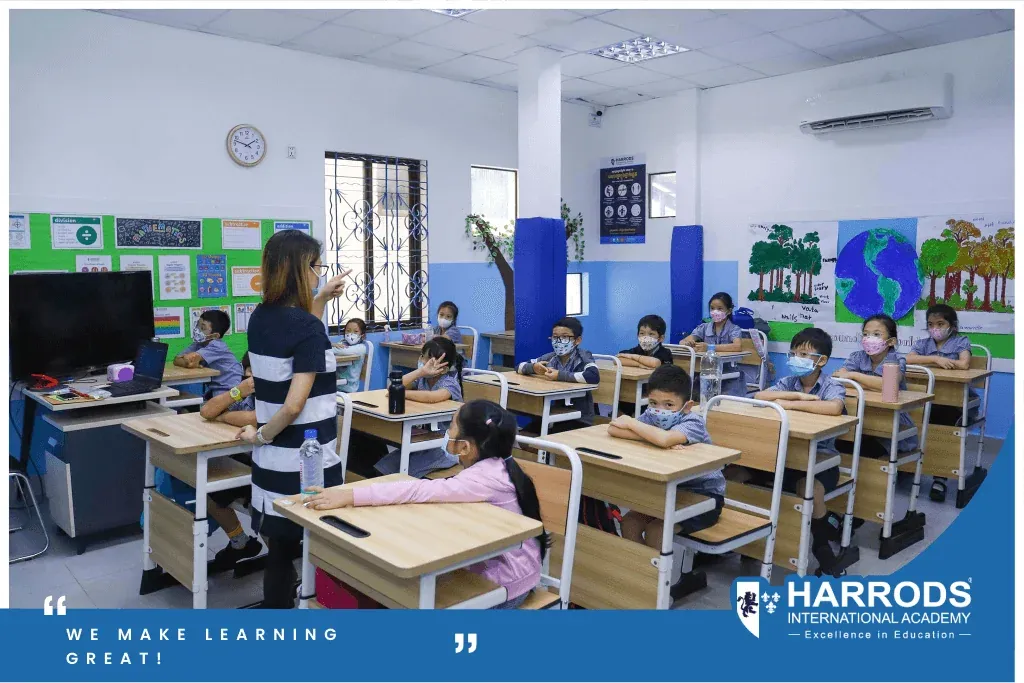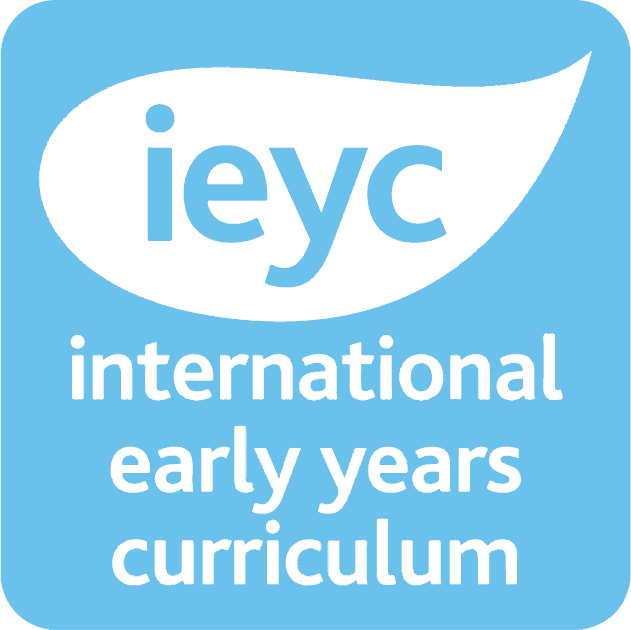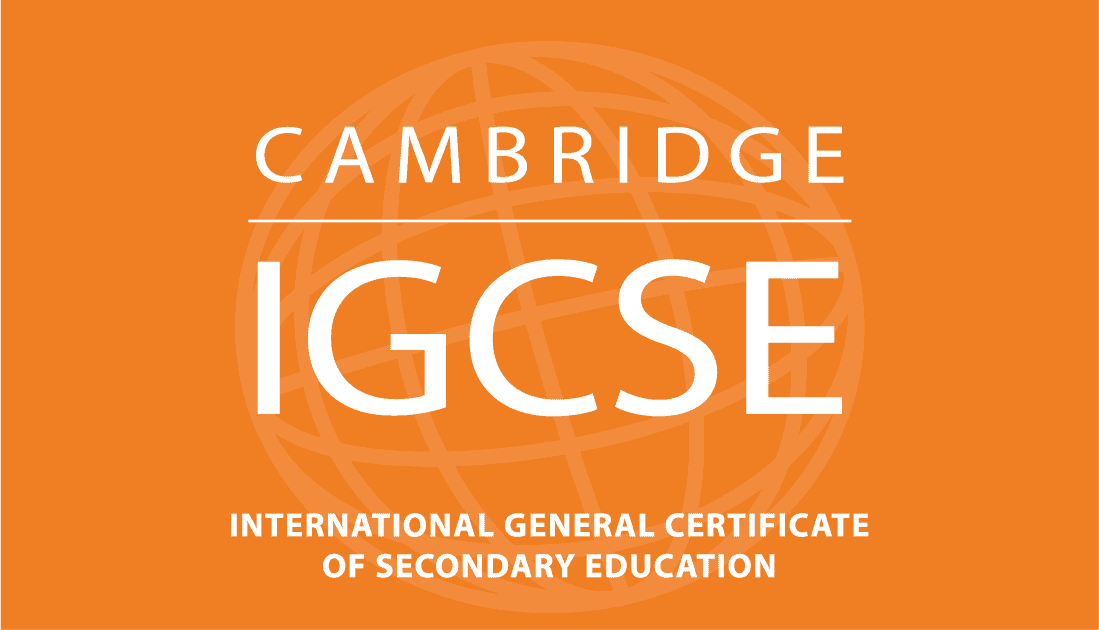Table of Contents
Primary education is the foundation of a child’s development, setting precedents for intellectual, social, and mental growth. This formative period, which often includes the early years of formal education, offers students fundamental reading and numeracy skills. Beyond academics, the importance of primary education is prominent in fostering interpersonal skills like empathy, communication and teamwork.
Primary education promotes emotional development by boosting confidence, resilience, and effective emotional control. Its long-term benefits include improved well-being, economic stability, and increased civic engagement. This article will highlight the significant benefits that students can receive from primary schooling.
What is Primary Education?
Primary education is the fundamental level of formal learning, emphasising basic skills required for cognitive growth. This stage also covers fundamental principles in subjects like English, arts, mathematics and science. Primary education fosters intellectual curiosity, problem-solving ability, and social skills. It establishes the framework for lifetime learning and personal growth and is a universally acknowledged fundamental right for all children.
Importance of Primary Education:
Primary school is critical for a child’s growth, offering fundamental skills and resources to influence their future. Securing primary admissions in a reputed school ensures that your kids will get ample opportunities to develop all the below-listed abilities:
1. Building Fundamental Skills:
Primary education is critical to nurture fundamental skill sets in children, laying the framework for lifelong learning. It equips learners with vital reading and numeracy skills for academic achievement and daily activities. This stage aids in developing analytical and problem-solving skills and encourages intellectual curiosity.
Primary education promotes the cultivation of critical abilities like communication, collaboration, and empathy, necessary for personal and professional success. Primary education establishes these core abilities, laying the groundwork for future successes.
2. Social Development:
Social development throughout the primary years is critical for children to lay the groundwork for successful interpersonal connections. Children develop crucial social abilities to articulate their thoughts and comprehend others. They participate in collaborative activities, which promote mutual support and collaboration.
Primary school teaches empathy, which helps children accept multiple viewpoints and develop fulfilling relationships. Kids learn to resolve conflicts, understand social norms, and gain self-confidence through scheduled and unstructured interactions, preparing them for professional settings.
3. Academic Skills:
Primary education is critical for establishing intellectual skills and laying a robust foundation for future educational pursuits. Primary education importance becomes apparent as children develop literacy abilities like reading, writing, and comprehension. Mathematics abilities are emphasised, with kids learning basic arithmetic and logical reasoning.
Primary education exposes learners to fundamental scientific ideas and social subjects, encouraging curiosity and a comprehensive awareness of the world. Structured lessons and activities teach youngsters to think critically, raise inquiries, and seek knowledge.
4. Social and Emotional Development:
Primary education is essential for psychological growth as it prepares children socially and improves their mental wellness. Children learn to communicate effectively, collaborate with classmates, and cultivate friendships in a structured setting.
Primary education enables children to practise self-control by allowing them to recognise and regulate their emotions. Positive feedback and supportive teacher-student interactions help kids develop self-esteem and confidence and establish coping methods for dealing with stress and setbacks.
5. Instilling Values:
Primary education helps to develop ideals that build a kid’s character and influence their behaviour throughout life. Children acquire fundamental values like respect, integrity, responsibility, and compassion, underlying the importance of primary education during these formative years.
Teachers impart the value of ethics and honesty with conversations, stories, and role-playing games. In addition to official lessons, the school atmosphere fosters values via daily interactions and routines. Teachers model and promote excellent behaviour, fostering an environment of respect and collaboration.
6. Reading and Communication Skills:
Primary schooling is critical in improving reading abilities, essential for academic achievement and personal progress. Children learn to read proficiently, promoting their capacity to understand and interpret information. This basic literacy unlocks the door to knowledge and instils a lifetime love of reading.
Communication skills become emphasised when children are encouraged to express themselves clearly and listen attentively. Learners practise verbal and nonverbal communication skills in the classroom, learning to convey ideas and comprehend their peers and friends.
7. Cultural Awareness:
Primary education is critical to cultivating cultural awareness and teaching students to respect our diverse cultures. The inclusive curriculum investigates many cultures, customs, and experiences to instil mutual respect. Cultural events and creative projects introduce kids to varied life experiences.
Group discussions and collaborative assignments help students examine their ethnic origins, promoting a harmonious class environment. Primary education fosters a global perspective by emphasising diversity and inclusiveness, shaping caring and informed citizens in an interlinked community.
Conclusion:
Primary education is critical for a child’s holistic growth, promoting social, intellectual, and mental development. It teaches children essential skills, improves intellectual abilities and boosts their self-esteem. The long-term advantages of primary education, like a healthier lifestyle and social stability, highlight its significance. Prioritising and investing in primary education at international school in Cambodia ensures a brighter future for kids, contributing to global development.



























